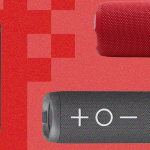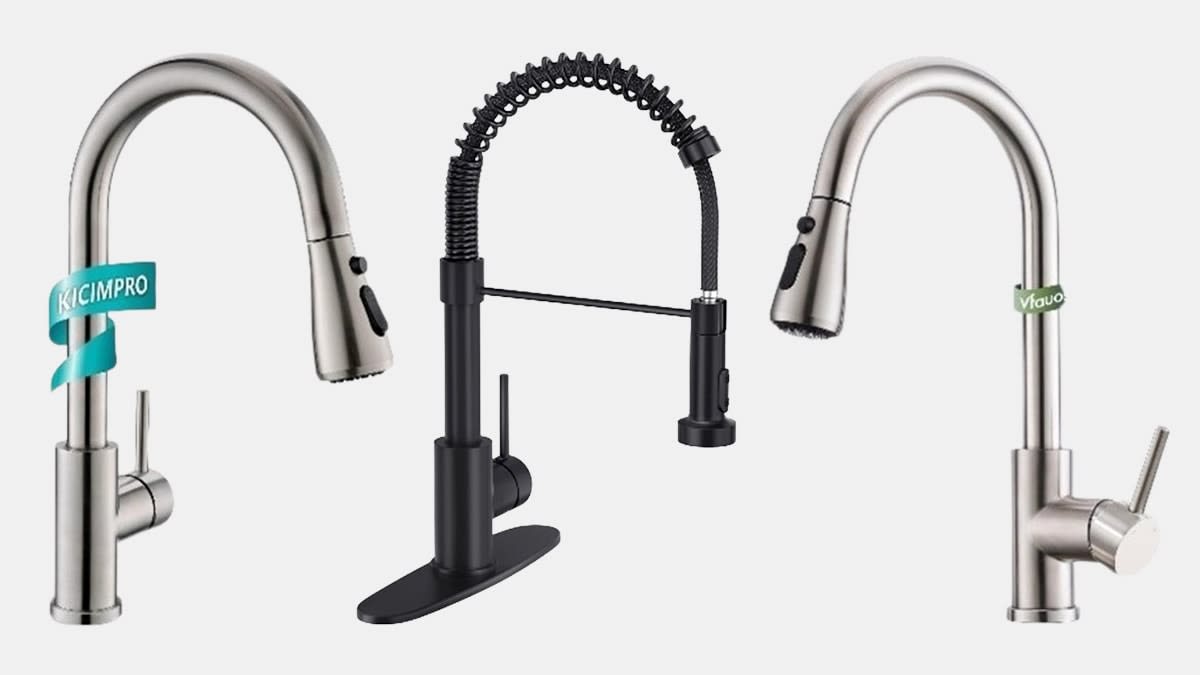
The biggest nutritional boon for corn is that it’s an excellent source of lutein and zeaxanthin, which give the kernels their yellow color. (White corn has very little lutein and zeaxanthin.) These two antioxidants are often grouped together, but many foods that are considered good sources, such as leafy greens, are actually rich in only one or the other. Corn, however, contains good amounts of both.
Lutein and zeaxanthin are extremely important for eye health. They’re deposited in the retina, especially in a small section in the center called the macula, where they absorb blue light, protecting cells in that part of the eye from damage. Having adequate lutein and zeaxanthin in your diet helps reduce the risk of macular degeneration, a disease that causes loss of central vision.
Corn is a valuable source of plant protein, too, says Whitney Linsenmeyer, PhD, assistant professor of nutrition and dietetics at Saint Louis University. One serving—half a cup of canned or frozen or one medium ear of corn—provides about 3.5 grams of protein. That’s less than what you’d get from beans or peas, but it’s still “a noteworthy amount,” she says.
Plus, a serving has 2 grams of fiber, and that combined with the water in the kernels promotes satiety, says Maya Vadiveloo, PhD, an associate professor of nutrition at the University of Rhode Island in Kingston. Rounding out corn’s nutrition perks are a variety of vitamins and minerals, including magnesium, potassium, B vitamins, and vitamins A and C.









